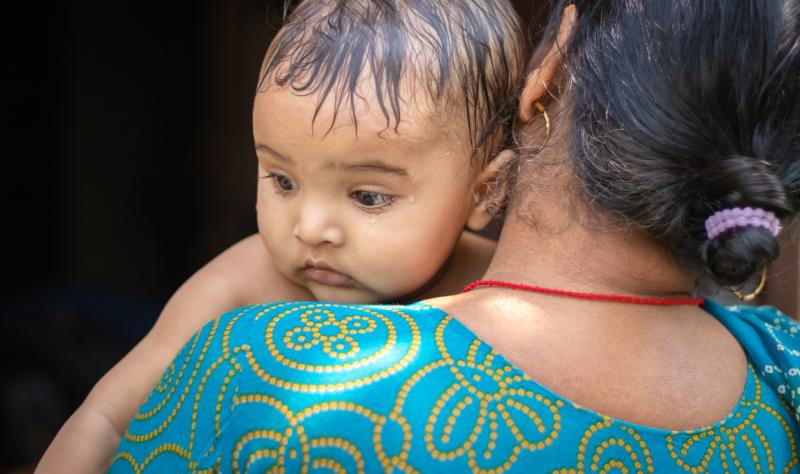A study conducted at a California hospital found that people considered highly socially vulnerable were significantly more likely to be diagnosed with severe Clostridioides difficile infection (CDI) and die from it than less vulnerable people, researchers reported yesterday at IDWeek 2024.
The study by researchers at Loma Linda University Medical Center included 206 adults admitted for CDI, which causes diarrhea and colitis, from January 2020 to June 2021. To assess the impact of external factors on CDI severity, and mortality, the researchers used the Centers for Disease Control and Prevention’s Social Vulnerability Index (SVI), a composite measure of communities based on four major themes: socioeconomic status, housing characteristics, race/ethnicity status, and housing and transportation.
Patients in the study with an SVI score of less than 0.5 were considered low vulnerability, while people above 0.5 were considered highly vulnerable.
Large disparities across all SVI themes
The analysis found that high vulnerability scores across all four SVI themes were associated with increased CDI severity and mortality. Patients with high vulnerability scores in socioeconomic status and housing characteristics were three times more likely to have severe CDI than those with low vulnerability scores, while patients with high vulnerability scores for housing and transportation—including those living in multiunit structures, mobile homes, group quarters, and lacking a vehicle—were more than twice as likely to have severe CDI compared with people with low scores.
When considering race/ethnicity status, patients with high vulnerability scores were 37 times more likely to be diagnosed with severe CDI and nine times more likely to die than those with low scores.
“We need to conduct further research to gain a deeper understanding of the correlations between C. diff severity and mortality, race and environmental and socioeconomic factors,” Timothy Afable, PharmD, pharmacy resident at Loma Linda University and presenting author, said in an IDWeek press release. “This study is only a starting point to a broader understanding of health equity and the potential vulnerabilities patients with C. diff face.”







